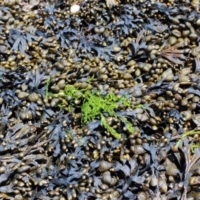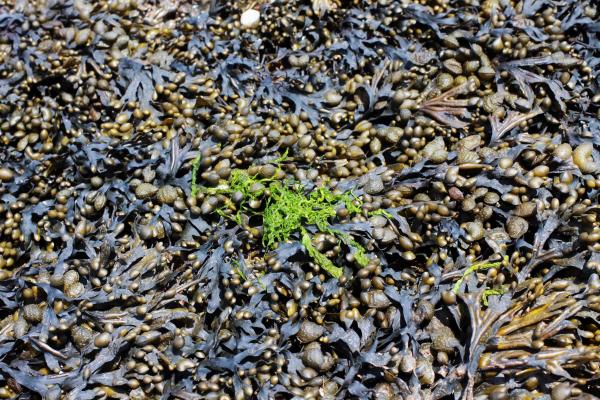High in antioxidants, pigments, polyunsaturated fatty acids and proteins, microalgae are seen as renewable ingredients. These tiny water-based organisms could also produce low-carbon biofuel and remove chemicals from waste gas or water.
To tap into this potential, EUALGAE – a COST-funded research and business network of over 180 members from 31 countries worldwide – is collaborating on processes and business models to commercialise algae through bio-based products.
Members are developing techniques to grow and harvest microalgae efficiently. They are also investigating how to extract and refine products for the market at a competitive price, with minimum waste and impact on the environment.
“Microalgae have lots of possibilities, but their potential has been studied poorly to date,” says Dr Raúl Muñoz, the network’s scientific dissemination manager and a researcher at the Universidad de Valladolid in Spain. “Our big achievement is that all European researchers in microalgae have come together. We are establishing new collaborations between research and industry that will eventually lead to spin-offs.”
One early advance has improved technology to purify biogas, he adds.
“Here, microalgae remove carbon dioxide and hydrogen sulphide from biogas, producing pure methane to be injected into natural gas grids,” he says. “Other breakthroughs will come later.”
Circular economy ingredients
Dr Maria Hayes of Teagasc, Ireland’s Agriculture and Food Development Authority, is leading cooperation on algae refining and applications within the network. “EUALGAE supports a move to more circular and bio-based economies,” she says.
Microalgae compounds have uses in many industries, ranging from food and animal feed to pharmaceuticals and cosmetics, she explains. For example, members are investigating pigments such as astaxanthin, which can be used in fish products, and algal oils, which can replace less sustainable oils in cosmetics.
Algal proteins are particularly interesting, and can be used in infant formula. “There is a protein deficiency in Europe,” says Hayes. “Companies could produce high-amino-acid flours that are very bio-available and lucrative.”
Short-term research placements between members – over 30 so far – are opening up opportunities to develop new products. For example, EUALGAE provided funds for a Spanish researcher to go to Ireland to help scale up a process for extracting proteins that could benefit heart health or help prevent type 2 diabetes.
In addition, the network is helping the European Commission and national legislatures better understand the potential of algae-based industries. “We are preparing a white paper on microalgae, due by the end of 2018,” she says. “It describes what strains are in Europe, current products, barriers to product development and costs and benefits.”
Productive partnerships
These partnerships between researchers and industry are at the heart of EUALGAE, adds Dr John Dodd, a bio-business consultant and co-founder of the company AlgaeCytes Ltd, and who worked with the network.
“Researchers need SME partnerships to finance work, while commercial organisations have invaluable access to scientists’ know-how and analytical equipment,” he says.
He adds that the network’s research placements and training are having a big impact on the industry: “EUALGAE gives a focus for work while the training increases the number of experienced specialists in this field, creating a stronger resource for Europe.”

